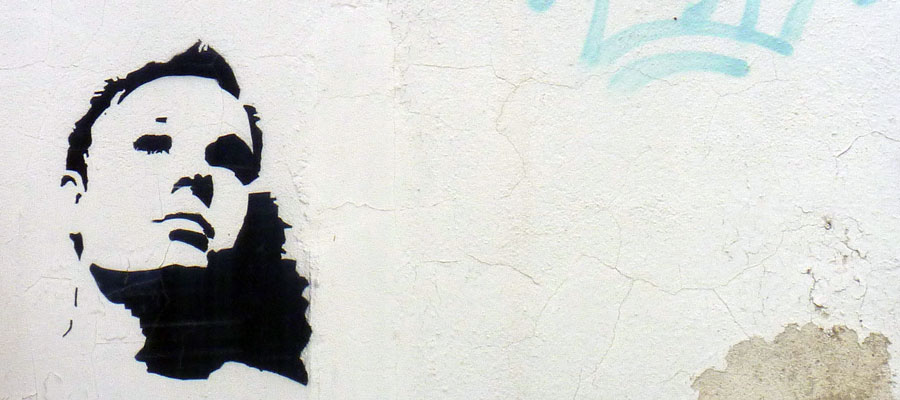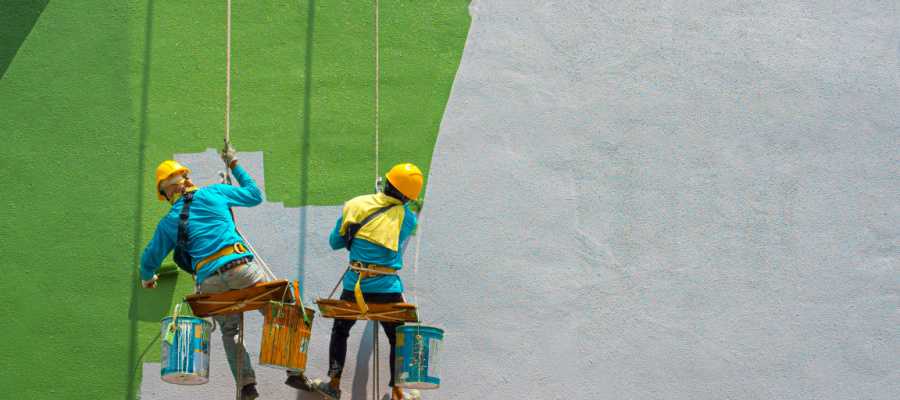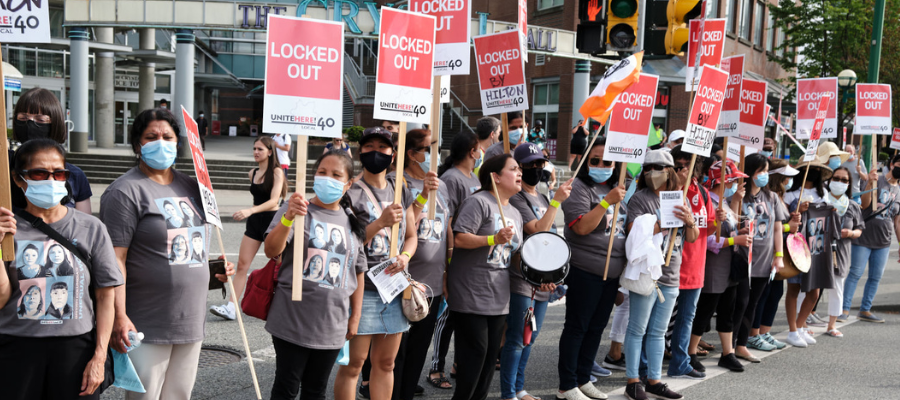Shining an international light on women’s human rights in BC

The international spotlight is about to shine on Canada’s track record on women’s human rights and BC may get caught in the glare.
Provincial and federal compliance with the Convention on the Elimination of All Forms of Discrimination against Women is set to be reviewed on October 25th by the expert UN Committee tasked with monitoring signatory states’ implementation of the Convention.
The UN human rights review process requires that countries submit a report setting out the progress they have made implementing the Convention. The federal government typically takes the lead in this report and, unsurprisingly, often paints a rosy view of the status of human rights in our country.
In a province as prosperous as BC, little to no progress on women’s human rights is embarrassing.
While areas within provincial jurisdiction are included, details are often scant. The only counter points to Canada’s self-assessment are non-governmental organizations (typically non-profits), which provide a more-realistic picture of women’s equality. These organizations play a crucial role in ensuring that that the Committee has an accurate picture of what is actually happening for women on the ground in BC, although they get no funding or support to attend the review.
Canada’s last review was in 2008. At that time, the Committee on the Elimination of Discrimination Against Women expressed concern about a lack of progress in a variety of areas that are all or in part the BC government’s responsibility. These included inadequate social assistance rates, a lack of affordable housing, stagnant employment equity, inadequate legal aid, a shortage of affordable child care and access to quality child care spaces. Sadly, since 2008, not a lot of progress has been made in these areas and in some, progress in BC stands as a worst-case provincial example in Canada.
For Canada’s review this week, a number of BC non-governmental organizations are in Geneva to participate. I’m representing West Coast LEAF and, jointly with the Coalition of Child Care Advocates of BC, we are working to ensure the Committee understands the state of child care in Canada. This includes the current child care crisis in BC and its serious and vast implications for women’s human rights, including the role that caregiving plays in the gendered earnings gap, women’s disproportionate precarious and part-time employment, their independence and safety within relationships, and their potential involvement with child protection authorities.
Based on the Committee’s questions in preparatory meetings, we expect that BC will feature prominently in the review, including inadequate legal aid coverage, lack of a human rights commission, and the particularly distressing track record on addressing violence against Indigenous women and girls.
A representative of the Singe Mothers’ Alliance of BC is also attending and spoke on behalf of the BC CEDAW Group (Committee on the Elimination of Discrimination Against Women ) about the impacts of inhumane income assistance rates, housing inaffordability, and ongoing employment inequality and financial insecurity of women parenting alone. Based on the Committee’s questions today in preparation meetings, we expect that BC will feature prominently in the review in other areas as well, including inadequate legal aid coverage, lack of a human rights commission, and the particularly distressing track record on addressing violence against Indigenous women and girls.
In a province as prosperous as BC, little to no progress on women’s human rights is embarrassing. The Committee asked repeatedly why progress has remained stagnant or regressed since Canada’s last review. Here’s hoping that this week’s spotlight on BC provokes action.
Topics: Children & youth, Economy, Employment & labour, Law & legal issues, Poverty, inequality & welfare, Women


